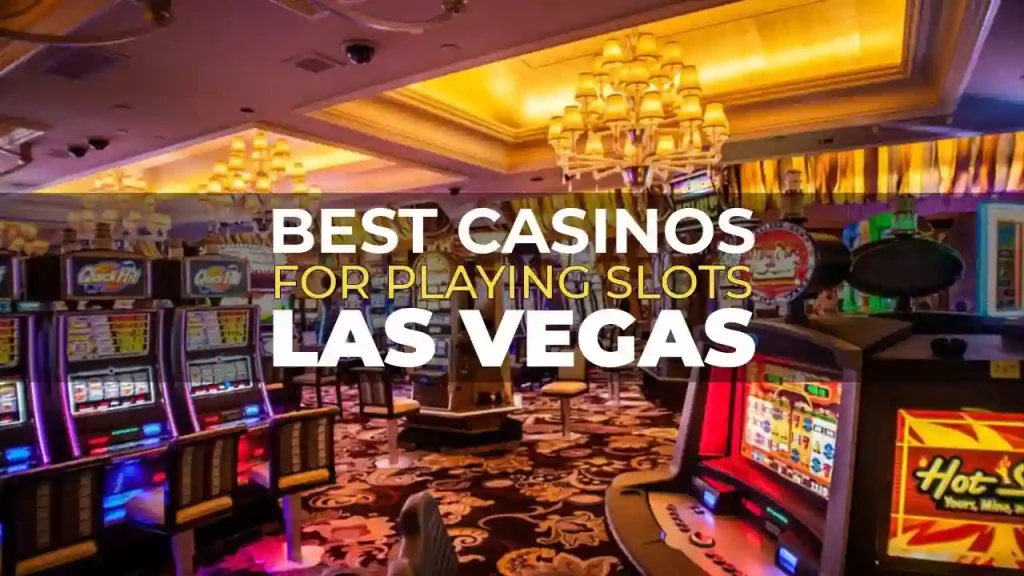How to Play Smart at the Casino

A casino is a place where people play games of chance. It has many amenities that attract players, including restaurants, free drinks, and stage shows. It is also a great place to socialize and make friends.
Besides being fun, casino gambling can be addictive. It can lead to serious problems, such as drug addiction or gambling debts. It’s important to understand how casinos work before you visit one.
Game of chance
Games of chance in a casino are activities whose outcome depends on luck, even though they may also involve some element of skill. These games are considered gambling, and some have laws limiting them or prohibiting them altogether. For example, New York state law defines a game of chance as any activity involving something of monetary value upon which contestants wager money. This includes a raffle, although there are some exceptions. It is also illegal to play games of chance in bars.
Amenities
Casinos offer a variety of amenities to attract visitors and encourage their guests to stay longer. These amenities include hotel rooms, restaurants, and gaming machines. Some of these are designed to appeal to specific audiences, such as families or older people. These features allow casinos to compete with other entertainment options, such as theme parks.
Amenities may be a source of publicity, but they can also increase the cost of operations for gaming properties. In general, they are not as financially attractive as casino gaming. Super amenities can also take a long time to recoup their investment costs, especially for newer elements of the property.
While some super amenities are large in scale, they do not have to be big to be effective. Some smaller-scale, atypical amenities, such as the wine cave at Pala Casino Spa & Resort in North San Diego County, can be just as appealing to customers. Other types of super amenities may be more affordable, such as a water park or tech-infused golf range. Ultimately, the key to deciding which casino amenities to introduce is to perform an analysis of customer groups with the highest business value to the casino and then targeting these amenities to those customers.
Security
Security is an important aspect of any 우리카지노. It protects the property, patrons, and employees from theft, violence, and other improper behavior. Fortunately, casinos take security seriously and employ a variety of methods to ensure the safety of their customers and staff members. They use a variety of tools to prevent criminal activity, from one-way glass to facial recognition technology.
They also monitor customer data and make sure that financial transactions are safe. This includes using SSL encryption, which is a standard in the industry. It encrypts all of the sensitive information that you enter into the site and only allows it to be accessed by those with decryption keys. A casino that uses SSL is able to display a green lock in the browser window.
Because casinos handle large amounts of money, they are attractive targets for thieves and cheaters. Casinos are constantly working to improve their security systems to keep both players and staff safe. These measures include cameras located throughout the building and specialized surveillance personnel who look for red flags such as suspicious activities and unusual betting patterns.
Taxes
In the world of casinos, taxes are one of the biggest sources of income for governments. They also play an important role in how the industry impacts a country’s economy and communities. While many gamblers feel that the tax is unfair, it’s actually a necessary part of a regulated gambling market. Casinos pay a tax called the GGR (Gross Gaming Revenue) which is a percentage of their total revenue. This is paid to the government in each month of operation. The amount of money that is collected depends on the country and the type of gambling.
Casino taxes are used to fund a variety of different programs. For example, the City of Detroit’s gaming taxes are used to fund street patrol officers; neighborhood and downtown economic development programs; and anti-gang and youth development initiatives. In addition, the State of Nevada’s gaming taxes are used to fund public education.
Figuring out the right GGR rate is a delicate balance. Governments want to reap handsome profits from their sin taxes but they don’t want to increase the taxes so much that it discourages new business. This is why it’s common to see governments tinker with the rates every few years.
Regulation
A casino is a gambling establishment where people can place bets on games of chance. Its regulation depends on state and federal laws. In the United States, casinos must comply with the Bank Secrecy Act and associated anti-money laundering statutes and regulations. In addition, they must file currency transaction reports (CTRs) and suspicious activity reports (SARs). A casino’s anti-money laundering program should be tailored to its specific risk.
In addition, regulators must screen and perform background checks on all consultants, suppliers, vendors, advisors, landlords, and tenants. These screenings should include past criminal and regulatory transgressions, compliance violations, and litigation issues.
Many jurisdictions require casinos to implement self-exclusion programs. These programs allow patrons to exclude themselves from certain gaming venues and online/mobile gambling sites. The length of the exclusion period and procedures for reversing self-exclusions vary by jurisdiction. Most jurisdictions also prohibit casinos and other gaming operators from making direct promotional offers to self-excluded patrons or extending them credit. In addition, they may be required to limit the amount of time a patron can spend gambling or wagering.





